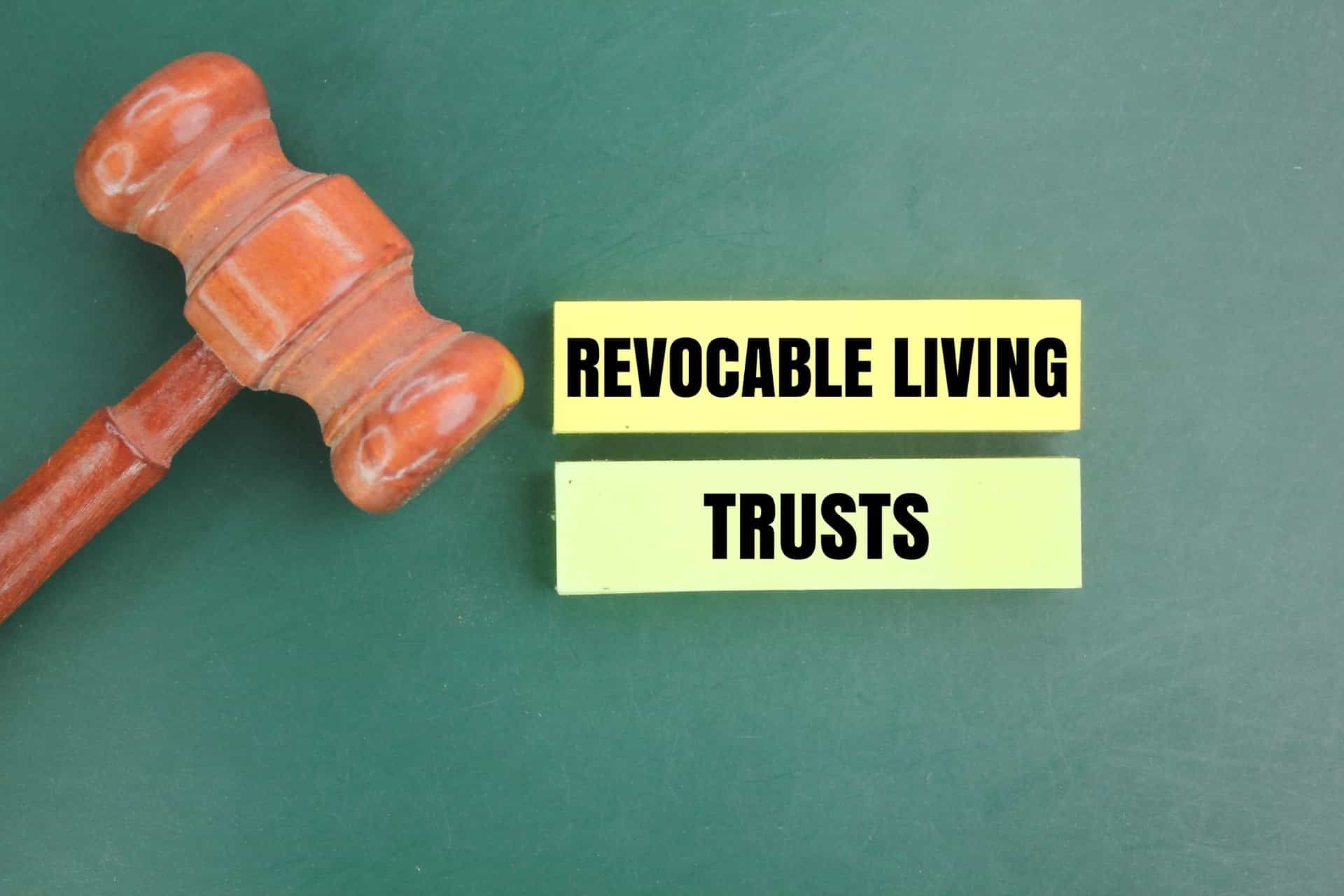Trust vs Will vs Probate: Which is Better for You?
When planning for the future, it’s essential to understand how to protect your assets and ensure they are distributed according to your wishes. Three common legal tools for estate planning are trusts, wills, and probate. But what are the differences, and which is best for you? This guide will help you understand trust vs will vs probate and decide which option suits your needs.
What Is a Will?
A
will is a legal document that outlines how you want your assets distributed after you pass away. It can also specify guardianship for minor children and name an executor to handle your estate.
Pros of a Will:
- Simple and Affordable – Wills are easy to create and cost less than trusts.
- Names Guardians for Minors – If you have children, you can designate a guardian.
- Clearly Defines Wishes – Ensures your property goes to the people you choose.
Cons of a Will:
- Goes Through Probate – Your estate must go through probate court, which can be time-consuming and expensive.
- Becomes Public Record – Once in probate, your financial matters are no longer private.
- Doesn’t Avoid Taxes – A will does not protect assets from estate taxes or creditors.
- Effective Date - A will does not come into effect until after death.
What Is a Trust?
A trust is a legal arrangement where a trustee holds and manages assets for beneficiaries. Unlike a will, a trust can take effect while you are still alive and helps avoid probate.
Types of Trusts:
- Revocable Trust – Can be changed or canceled during your lifetime.
- Irrevocable Trust – Cannot be modified once created but provides tax benefits and asset protection.
Pros of a Trust:
- Avoids Probate – Assets in a trust do not go through probate court.
- Private and Confidential – Unlike a will, trusts do not become public records.
- Faster Distribution – Beneficiaries receive assets more quickly.
- Protects Against Incapacity – If you become unable to manage your finances, a trustee can step in.
- Control
- Trusts offer greater control over when and how your assets are distributed.
Cons of a Trust:
- More Expensive – Creating and maintaining a trust costs more than a will.
- Requires More Management – You must actively transfer assets into the trust.
- Cannot Name Guardians – Unlike a will, a trust does not allow you to appoint a guardian for minor children.
What Is Probate?
Probate is the legal process of settling a deceased person’s estate. If you have a will, the court oversees its execution. If you don’t have a will, probate laws determine how your assets are distributed.
How Does Probate Work?
- The court validates the will (if one exists).
- The executor gathers assets and pays debts or taxes.
- The remaining assets are distributed to heirs according to the will or state law.
Pros of Probate:
- Court Supervision – Ensures that debts are paid and assets are fairly distributed.
- Can Settle Disputes – If there are conflicts over the estate, the court can resolve them.
Cons of Probate:
- Time-Consuming – The process can take months or even years.
- Expensive – Court fees, attorney costs, and executor fees add up.
- Loss of Privacy – Probate records are public, meaning anyone can access financial details.
Trust vs Will vs Probate: Which Is Best for You?
| Feature | Will | Trust | Probate |
|---|---|---|---|
| Avoids Probate | No | Yes | No |
| Privacy | No | Yes | No |
| Cost | Low | High | High |
| Asset Protection | No | Yes | No |
| Names Guardians | Yes | No | No |
| Time for Distribution | Longer | Faster | Longer |
Choosing the Right Option
- If you want a simple, low-cost way to pass on assets, a will may be enough.
- If you want to avoid probate and keep your estate private, a trust is a better choice.
- If you do nothing, your estate will go through probate, which can be costly and time-consuming.
Do I Need a Trust If I Have a Will?
A comprehensive estate plan will typically include both a will and a trust. By creating both, you will keep control over your assets in the events of incapacity and death, avoid probate, maintain privacy, name a guardian for underage children, and ensure that family, friends, and charitable organizations receive distributions in accordance with your wishes.
Why You Need a Will Trust Lawyer or Probate Lawyer
Estate planning can be complex, and making the wrong choice could lead to unnecessary expenses or legal complications. A will trust lawyer can help you draft the right documents to protect your assets, while a probate lawyer can guide your family through the probate process if needed.
Benefits of Hiring a Lawyer:
- Ensures your documents are legally valid.
- Helps minimize estate taxes.
- Prevents future disputes among heirs.
- Provides personalized guidance based on your situation.
Final Thoughts
Understanding trust vs will vs probate is essential for planning your estate. While Wills are simple and inexpensive, they involve probate. Trusts provide more control and privacy but require more upfront costs. Probate is unavoidable without proper planning but can be managed with legal assistance.
If you’re unsure which option is best for you, contact
Florida Tax Lawyers for expert estate planning advice today!
Disclaimer: The information on this website and blog is for general informational purposes only and is not professional advice. We make no guarantees of accuracy or completeness. We disclaim all liability for errors, omissions, or reliance on this content. Always consult a qualified professional for specific guidance.
RECENT POSTS
CONTACT US






